Indian online consumers are more protective of personal data
By MYBRANDBOOK
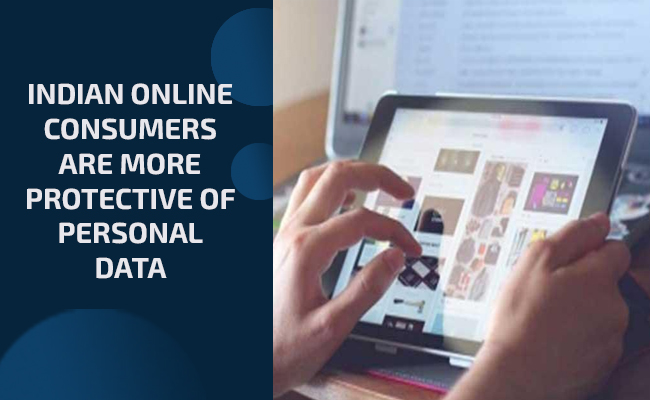
Indian consumers are more protective of their personal data and are better evolved than their global counterparts in terms of awareness while shopping online, as per a survey. 75% of Indian consumers (Global 59%) are evolved and are more aware and protective of their personal data. The survey data was part of the evolving consumer behaviour and trends, some excerpts of which were shared at the summit attended by the new age companies of India, Asia’s third largest economy.
The report comes after the survey conducted post pandemic era in India, which has increasingly seen a rise in digital consumption across segments including grocery, fashion, health & beauty, consumer electronics travel, sports & fitness, crafts and creative and alcoholic beverages. With relaxation in post-pandemic restrictions, Indian consumers are likely to take a cross-channel view with intertwining between offline and digital transactions with 73% likely to visit shopping malls.
The rise in D2C in India has been facilitated by payment gateways with experts at the summit attributing 99% success ratio being key to selecting the payment gateway and managing the transaction expense ratio. The report says, India’s conventional consumer goods companies were increasingly exploring direct-to-consumer (D2C) approach as it is seen as a 100 billion U.S. dollar opportunity.
Tata Consumer’s Nutrikorner, ITC’s Store.in and Hindustan Unilever’s The U Shop are some of the few amongst 600 Indian companies that have forayed into D2C after success of Nykaa on the bourses.
Experts opined that the new age companies are now attracting higher valuation compared to conventional FMCG companies with a 10 percent revenue shift seen towards D2C by 2025. So far only 5 percent of the 600 companies in the D2C segment have achieved the Rs. 100 crore revenue milestone while 20 percent and 75 percent have revenue between 20-90 crore and below Rs. 20 crores, respectively, which may see consolidation going forward.
The way in which the internet allows data to be produced, collected, combined, shared, stored, and analyzed is constantly changing and re-defining personal data and what type of protections personal data deserves and can be given. For example, seemingly harmless data such as IP addresses, key words used in searches, websites visited, can now be combined and analyzed to identify individuals and learn personal information about an individual.
From information shared on social media sites, to cookies collecting user browser history, to individuals transacting online, to mobile phones registering location data – information about an individual is generated through each use of the internet.


Nazara and ONDC set to transform in-game monetization with ‘
Nazara Technologies has teamed up with the Open Network for Digital Comme...
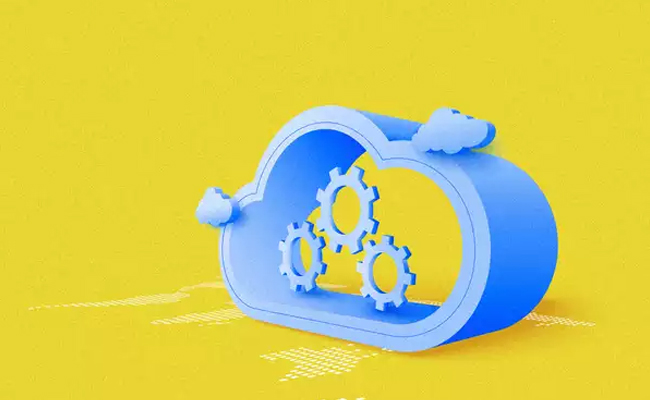
Jio Platforms and NICSI to offer cloud services to government
In a collaborative initiative, the National Informatics Centre Services In...
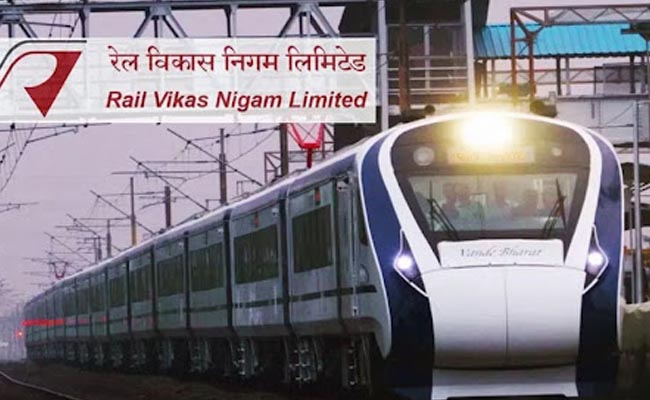
BSNL awards ₹5,000 Cr Project to RVNL-Led Consortium
A syndicate led by Rail Vikas Nigam Limited (abbreviated as RVNL), along wi...

Pinterest tracks users without consent, alleges complaint
A recent complaint alleges that Pinterest, the popular image-sharing platf...


Icons Of India : AMIT CHADHA
Amit Chadha serves as the CEO and Managing Director of L&T Technology ...

Icons Of India : ASHISH KUMAR CHAUHAN
Ashish kumar Chauhan, an Indian business executive and administrator, ...
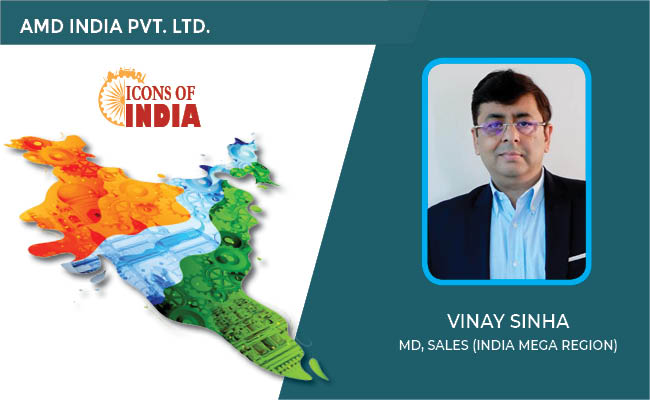
ICONS OF INDIA : VINAY SINHA
Vinay Sinha is the Managing Director of Sales for the India Mega Regio...


CSC - Common Service Centres
CSC initiative in India is a strategic cornerstone of the Digital Indi...
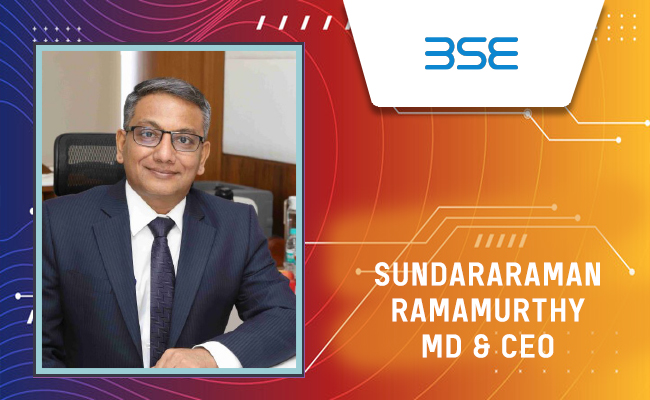
BSE - Bombay Stock Exchange
The Bombay Stock Exchange (BSE) is one of India’s largest and oldest...
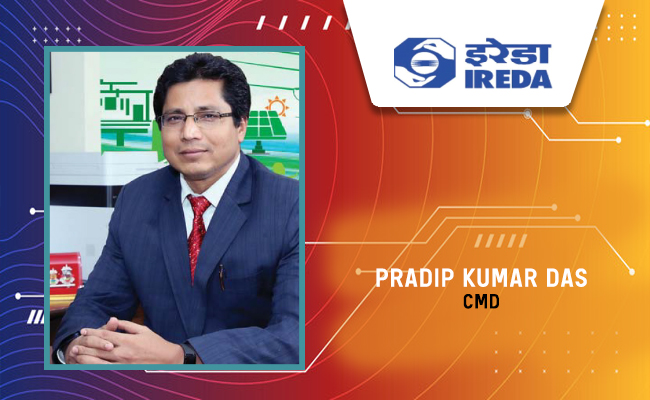
IREDA - Indian Renewable Energy Development Agency Limited
IREDA is a specialized financial institution in India that facilitates...

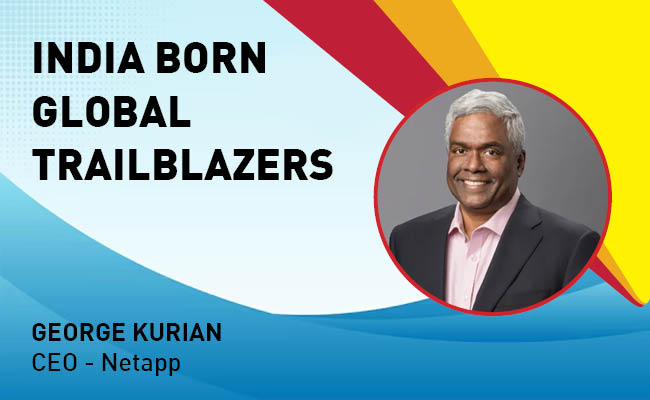
Indian Tech Talent Excelling The Tech World - George Kurian, CEO, Netapp
George Kurian, the CEO of global data storage and management services ...
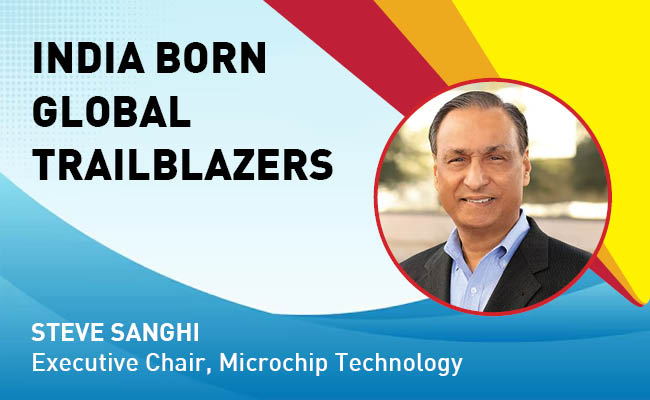
Indian Tech Talent Excelling The Tech World - Steve Sanghi, Executive Chair, Microchip
Steve Sanghi, the Executive Chair of Microchip Technology, has been a ...
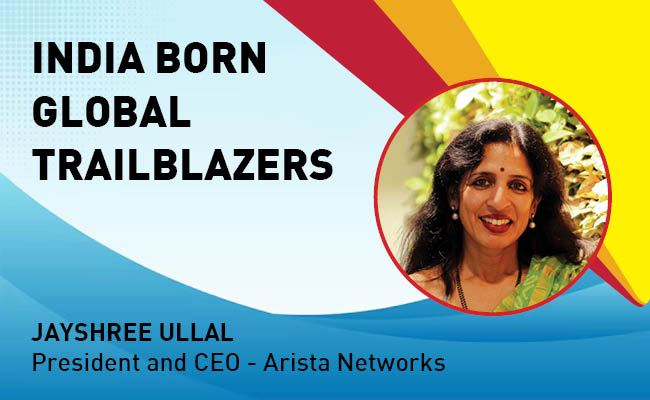
Indian Tech Talent Excelling The Tech World - JAYASHREE ULLAL, President and CEO - Arista Network
Jayshree V. Ullal is a British-American billionaire businesswoman, ser...